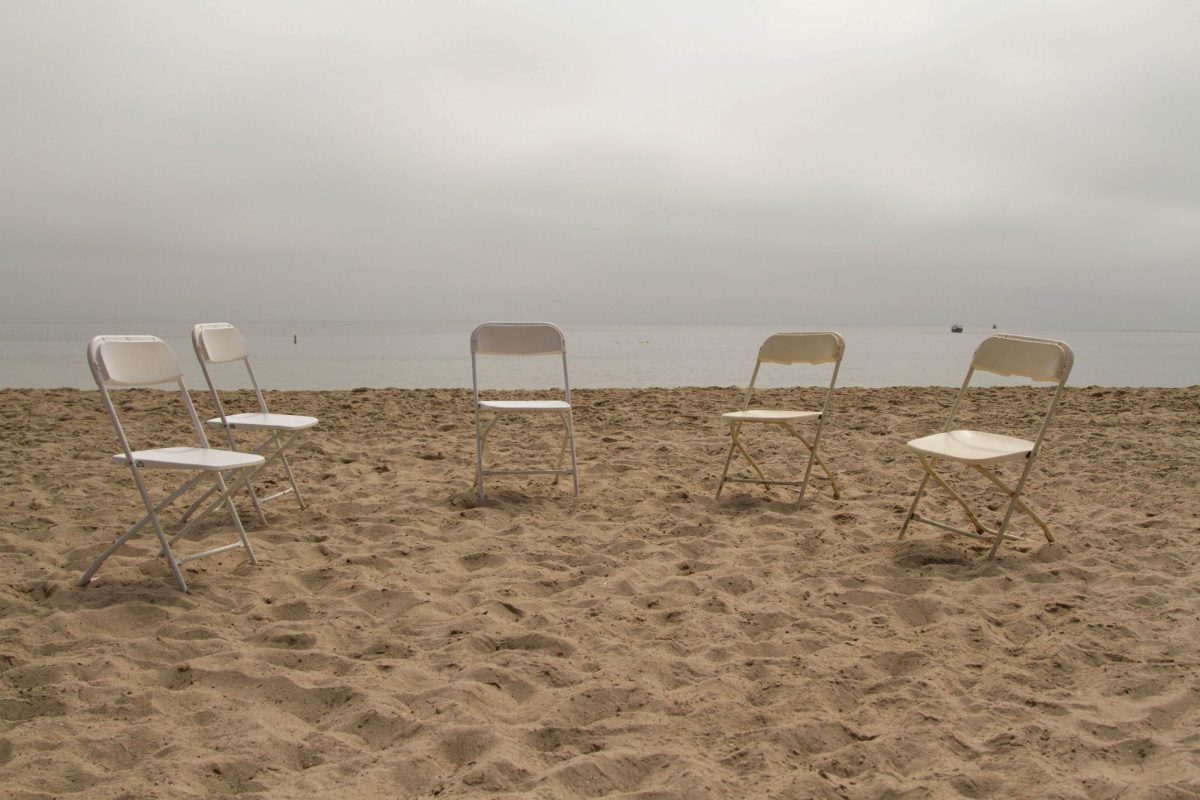Teachers wanting to share their political and religious opinions in the classroom have never had it easier. But is this a good thing?
As journalists, we are often faced with the question of how to keep our opinions out of our stories.
We are asked to do the near impossible: write about the things around us with passion, clarity and precision. To bring forth the truth without the excessive editorializing that plagues the credibility of our papers.
Teachers are often asked to do the same thing. But the question of whether teachers should voice their opinions stems back to a greater issue, one that holds a dear place in our journalistic hearts and minds.
If you do not speak your mind, how will others hear what you have to say?
The answer to that lies in the way you tell your story-the same thing we learn as writers should be a teacher’s mantra as well: show, don’t tell.
Teachers should strive to be objective, like Edward R. Murrow or Ernie Pyle. They remained the two men whose coverage of World War II withstood the test of time thanks to the non-partisan nature of their stories, which gave them their dignity. Your dignity will drive your point home. There is nothing more embarrassing than watching someone be consumed by their own emotions, a fact that teachers sometimes forget.
True, some learners do better with a good argument. But some may feel challenged or threatened by it. To open up a forum for discussion is a learning experience. To use a classroom as a vehicle for a political agenda is not, especially if that intimidation can be just what the teacher wants to put forth.
This goes as far as grading someone poorly on an essay when the student chooses to write about something the teacher doesn’t like.
During the sixties, it was not uncommon for a math class to be interrupted by a loud cry of “Hey man, that’s irrelevant! There’s a war going on.” Students would all get up and walk out-adjourning a math class to hold a meeting about the war.
Seem outrageous? We’re afraid that’s not such a far cry from what’s going on right now, in our classrooms. Or at least it could be, if teachers start to spew ideas about the Iraq conflict or the current administration.
As long as teachers stick to what they know, it should be no problem for them to spout ideas and opinions.
After all, they are certified by the state to talk about what they know-their subject.
EDITORIAL: Opinions OK
December 18, 2003
Story continues below advertisement
More to Discover






